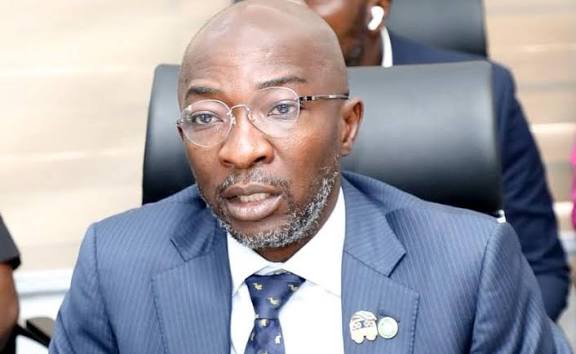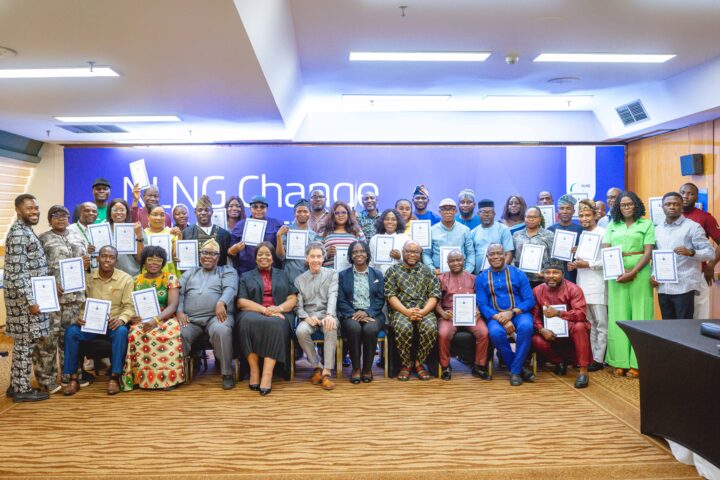Mohammed Shosanya
The Association of Senior Civil Servants of Nigeria,ASCSN, has reiterated its call for upward review of the retirement age for employees in the core civil dervice which consists of line Ministries and Extra-Ministerial Departments/Agencies.
The union’s Secretary-General, Comrade Joshua Apebo, in a statement on Tuesday,recalled that since 2015, it has been canvassing for upward review of the retirement age for employees in the core civil service.
He said:“Indeed, in 2015, the Association presented a memorandum to the Joint National Public Service Negotiating Council (JNPSNC), the organ that is responsible for negotiation of terms and conditions of service of workers in the Public Service, and demanded for the increase in retirement age in the Core Civil Service from 60 years of age or 35 years of service whichever is earlier to 65 years of age or 40 years of service whichever comes first.
“ Our argument then which is still valid today is that due to improvement in health care delivery, people are now stronger, healthier and more articulate between the ages of 40 years and 70 years,’’ he stated.
He also emphasized then that most of the organizations attached to the United Nations and a good number of countries have increased retirement age to 65 years.
According to him,International Organisations such as the International Labour Organisation (ILO), the World Health Organisation (WHO), European Patent Office (EPO), Organisation of Economic Co-operation and Development (OECD), Bank for International Settlements, etc, have also increased retirement age to 65 years while retirement age in NATO is 67 years.
He said that retirement age in Germany, Macedonia, Kenya, etc, is 65 years while over 95% of countries of the world have retirement age of well above 60 years.
“Indeed, in South Africa, there is no single compulsory retirement age, except that there is a minimum retirement age of 65 years but a public servant can continue to work subject to suitability and health requirement,” he added.
He stated further that since 2015, the Association has continued its advocacy through memoranda to the Joint National Public Service Negotiating Council (JNPSNC) and at meetings with various government organs that retirement age in the Civil Service should be increased from 60 years or 35 years of service whichever is earlier to 65 years or 40 years of service whichever comes first.
“In fact, when the Federal Government approved 65 years of age or 40 years of service for teachers, the Association intensified its campaign that Education Officers in the Federal Ministry of Education including those in Federal Government Colleges should be integrated in the new retirement age and the government approved the demand.
“Since Judicial Officers, Universities Lectures, Teachers, etc, are now enjoying the new retirement age regime, it is only fair that the new retirement age of 65 years or 40 years of service whichever comes first should also apply to core civil servants,” he stressed.
He implored the Trade Union movement to join the train and ensure that there is uniformity in retirement age in the Public Service including the core civil service.



















